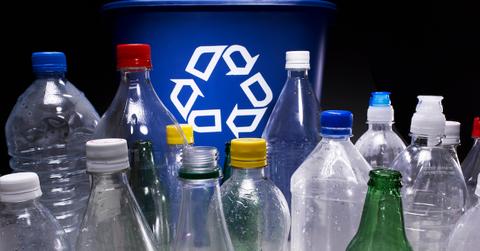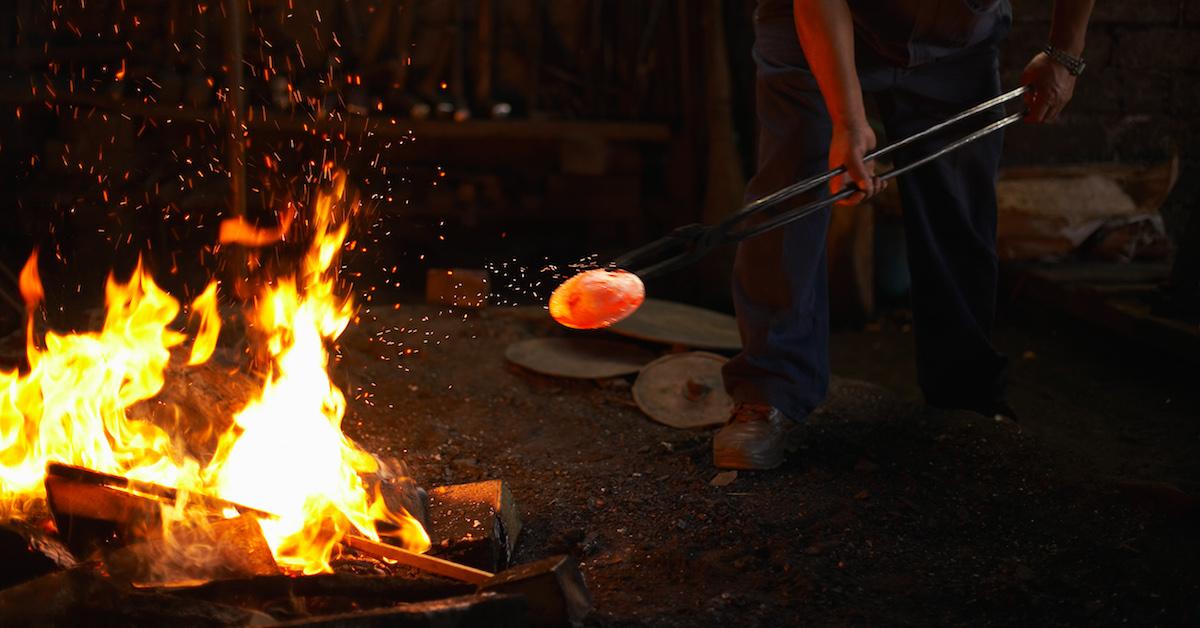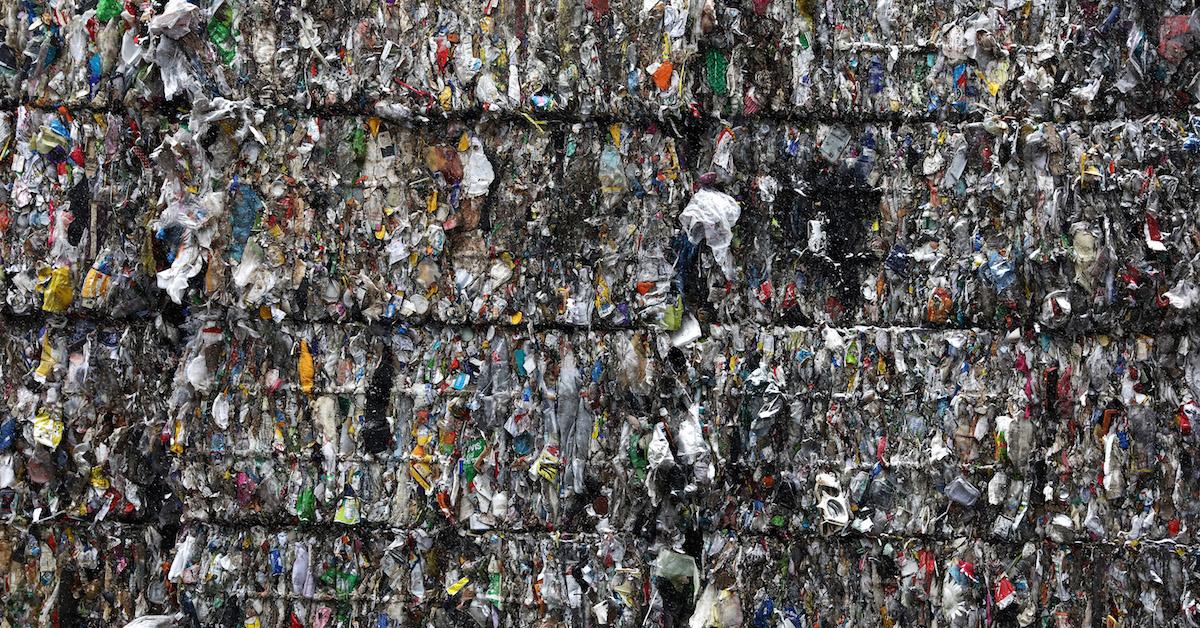These Sustainable Pioneers Are Responsible for Modern Recycling Techniques
Published March 11 2021, 12:37 p.m. ET

Recycling is one of the best ways that we — as individuals — can help minimize our environmental impact. And while it might seem like a fairly modern concept, many of our older readers can undoubtedly remember a time when there was no such thing as recycling. This might have some folks wondering, who started recycling, and how did it become the mainstream practice it is today?

Who invented recycling?
Though the recycling process is relatively modernized, people have been recycling materials for thousands of years. Early humans understood that resources were scarce, so they had to make the best of what little they had. Scribes painstakingly recycled paper in order to make new paper. Blacksmiths melted down damaged metal to repurpose it into new tools and weapons. Recycling has always been around, but it wasn’t always done as efficiently as it is today.
When was recycling invented?
According to Hintons, no one person can be associated with the creation of recycling, but its origins can be traced back to ancient times. Paper might have been one of the first recycled materials, which is said to have happened in Japan in the year 1031.
This took place during the Heian Period, during the decline of the Japanese Imperial court. A shift in state control forced many private estate owners to build their own paper mills. The frugal lords were careful about conserving materials and maximizing output, so recycling paper became as commonplace as the product itself.
Recycling continued in various forms throughout history, from rag peddlers in the 1800s to World War II-era metal recycling programs, to “arm our boys overseas.” According to History, the Flower Power era of the 1960s first brought the plight of global pollution to the world’s attention, and what started as a fringe mindset, eventually became an actual concern.

When did modern recycling start?
Modern recycling, otherwise known as curbside recycling, didn’t really exist in the way we know it until the 1970s. According to History, this shift was prompted by the unease that came with filling landfills to the brim with trash. Until then, the only people who recycled were do-gooders and hippies. And even if average Americans wanted to recycle, it was rather inconvenient to do so. Municipal recycling programs solved this issue, to make it easier for many Americans.
As wonderful as modern recycling is, it is far from perfect — especially in terms of plastic. Recycling plastic is a half-measure against a more monumental problem. Plastic, unlike glass and aluminum, is downcycled, which means it can only be repurposed into certain kinds of lower-grade materials, according to Fast Company. As a result, plastic recycling is not often lucrative enough for some companies to participate in.
Even worse than the problems with the process itself is the fact that plastic recycling is little more than a distraction that detracts from the real problem, which is single-use plastic itself. In terms of chess, it's focusing on the pawns while allowing the queen to run rampant.

Is zero-waste or low-waste the recycling of the future?
The concept of zero waste is something that we know quite well at Green Matters. This lifestyle prompts people to produce less waste and invest in sustainable goods, services, and food sources. And while many companies were happy to join the recycling bandwagon, it has been harder to get the largest, most successful ones to adopt any sort of zero-waste thinking.
That said, people shut their eyes to the planet’s difficulties before and were eventually swayed by the hard work and protestations of fringe groups like the hippies. Perhaps if society can see the viability and long-term applications of zero- or low-waste living, they can more easily see that it can become just as commonplace and convenient as recycling.